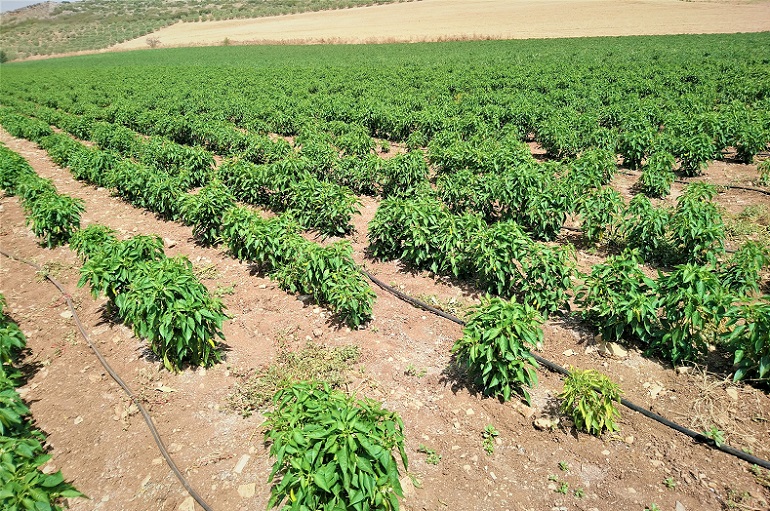India Shines at Commonwealth Chemistry 2025 Event: RGU Scholar Bhaskarjyoti Borah Wins Global Honour
In a proud moment for Rajiv Gandhi University (RGU) and for Indian science, PhD scholar Bhaskarjyoti Borah from the Department of Chemistry has won the Commonwealth Chemistry (UK) Best Poster Prize 2025. The honour was announced following the 6th Commonwealth Chemistry Online Posters Event, held on 1 and 2 October, where hundreds of early-career researchers showcased their work. Borah’s achievement stands out not just as a personal milestone but as a symbol of India’s growing leadership in global scientific research. The competition brought together 250 poster presenters from 23 countries, representing some of the brightest young minds across the Commonwealth. Out of these, only 25 researchers were selected as global awardees. Borah proudly emerged as one of them, representing RGU and India with outstanding excellence. His victory became a moment of pride for the entire university community, which celebrated this accomplishment as a testament to the growing research culture on campus.The Winning Research: Science Rooted in Global NeedsBorah’s award-winning research poster was titled “Decarboxylative Cross-coupling Strategies for Efficient Functionalization Reactions.” This innovative research falls under the thematic category of Responsible Energy, which focuses on two Sustainable Development Goals (SDG 7: Affordable and Clean Energy & SDG 12: Responsible Consumption and Production). At its core, his work explores advanced chemical methods that can make energy-related and industrial processes more efficient and environmentally friendly. Decarboxylative cross-coupling is a modern technique in organic chemistry that aims to simplify how molecules are built, reducing waste and energy consumption. Research like this plays a crucial role in global efforts to create greener technologies, safer materials, and more sustainable chemical processes. In a world moving urgently toward clean energy solutions, Borah’s contribution reflects the direction in which international chemistry is heading. It shows how young researchers from India are stepping forward to solve real-world problems through scientific innovation.RGU Celebrates a Moment of PrideThe announcement of Borah’s win sparked widespread appreciation across Rajiv Gandhi University. Several top officials expressed their admiration for his hard work and congratulated him for bringing international recognition to the institution. RGU Vice-Chancellor Prof. SK Nayak described the achievement as a matter of immense pride. He emphasized that Borah’s global victory demonstrated the academic excellence nurtured at the university. His statement reflected the larger vision of RGU to encourage high-quality research and empower scholars to compete globally. Registrar Dr. NT Rikam also celebrated the accomplishment, calling it proof of the growing research culture at RGU. He noted that Borah’s dedication had set an inspiring example for students across departments. According to him, moments like this serve as a reminder that rigorous research, guided mentorship, and institutional support can lead to remarkable international achievements.About the Event: A Global Platform for Young ChemistsThe Commonwealth Chemistry Online Posters Event is an annual virtual scientific conference that brings together researchers from Commonwealth nations. Organised in collaboration with leading institutions like the Royal Society of Chemistry (RSC) and Commonwealth Chemistry, the event encourages collaboration, innovation, and knowledge exchange. Early-career chemists present posters across diverse themes such as Energy, Materials, Health, Environment, and Chemical Innovation. It is a platform where ideas meet opportunity, where young scientists gain visibility, and where global scientific partnerships are born. Borah’s recognition at such a prestigious event signals his potential to contribute meaningfully to the future of chemistry.A Win That Inspires ManyBorah’s achievement is more than an award; it is a message. It tells every aspiring scientist that dedication and innovative thinking can open doors to global recognition. It strengthens RGU’s identity as an institution that supports meaningful, future-driven research. And most importantly, it highlights how young Indian researchers are shaping scientific conversations across the world. As Borah receives his certificate and cash prize, he carries the hopes of a university and the pride of an entire nation. His success reminds us that science, when pursued with passion, has the power to transform not only individual lives but also the world.

 (1).jpeg)
.jpg)
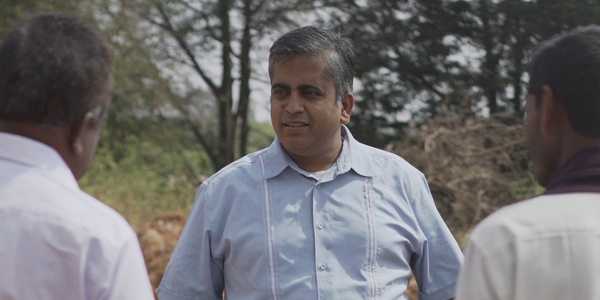
.jpg)
.jpg)
.jpg)
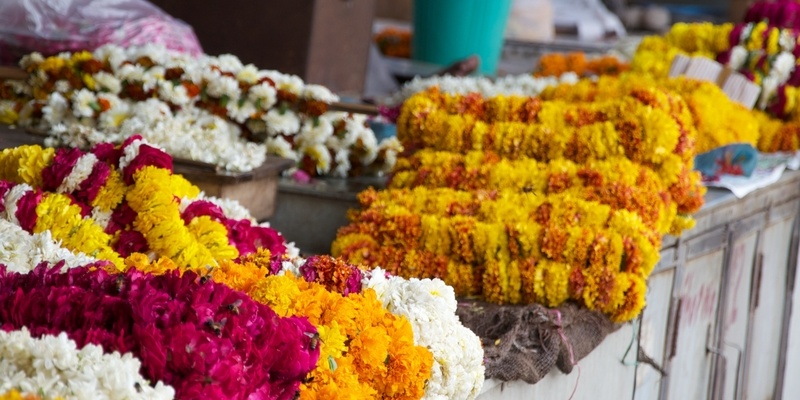
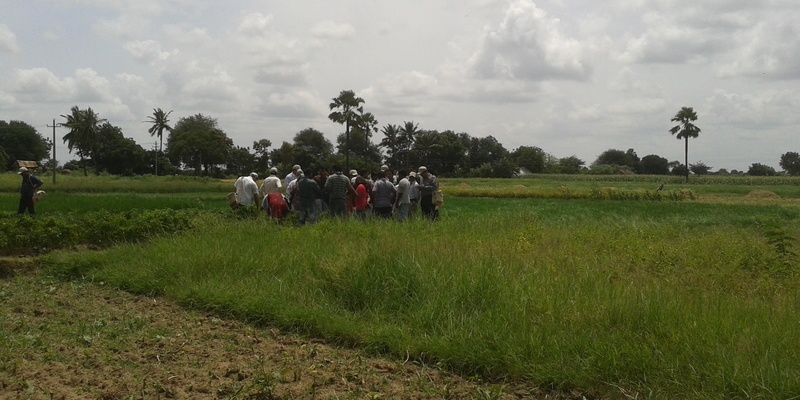
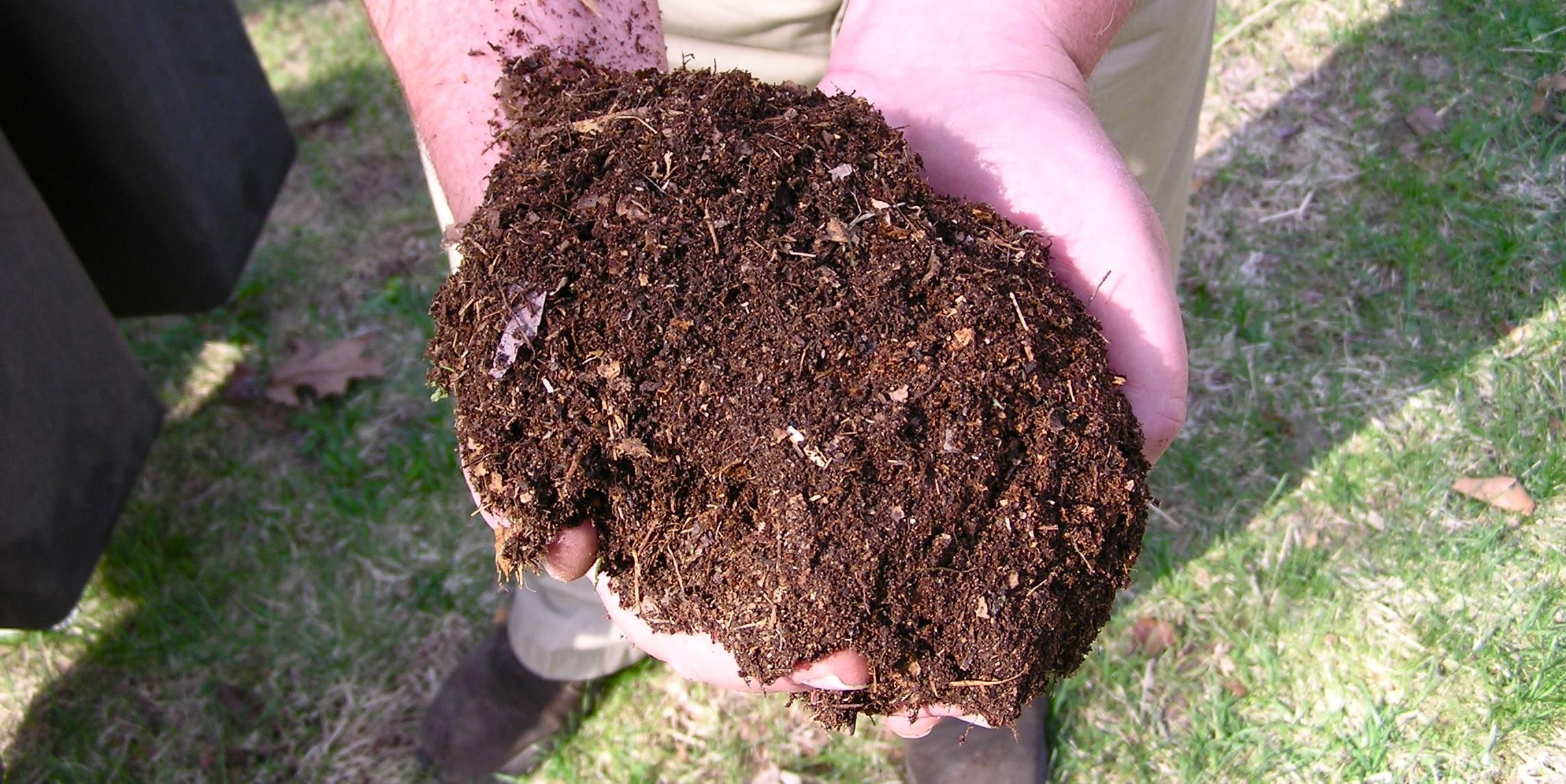
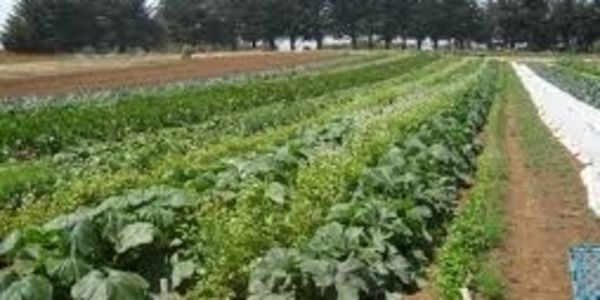
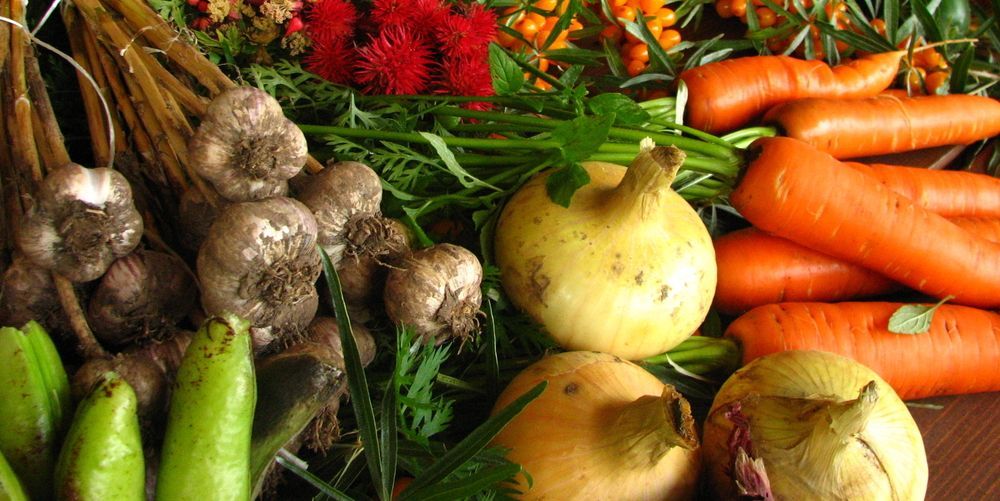
.jpg)
